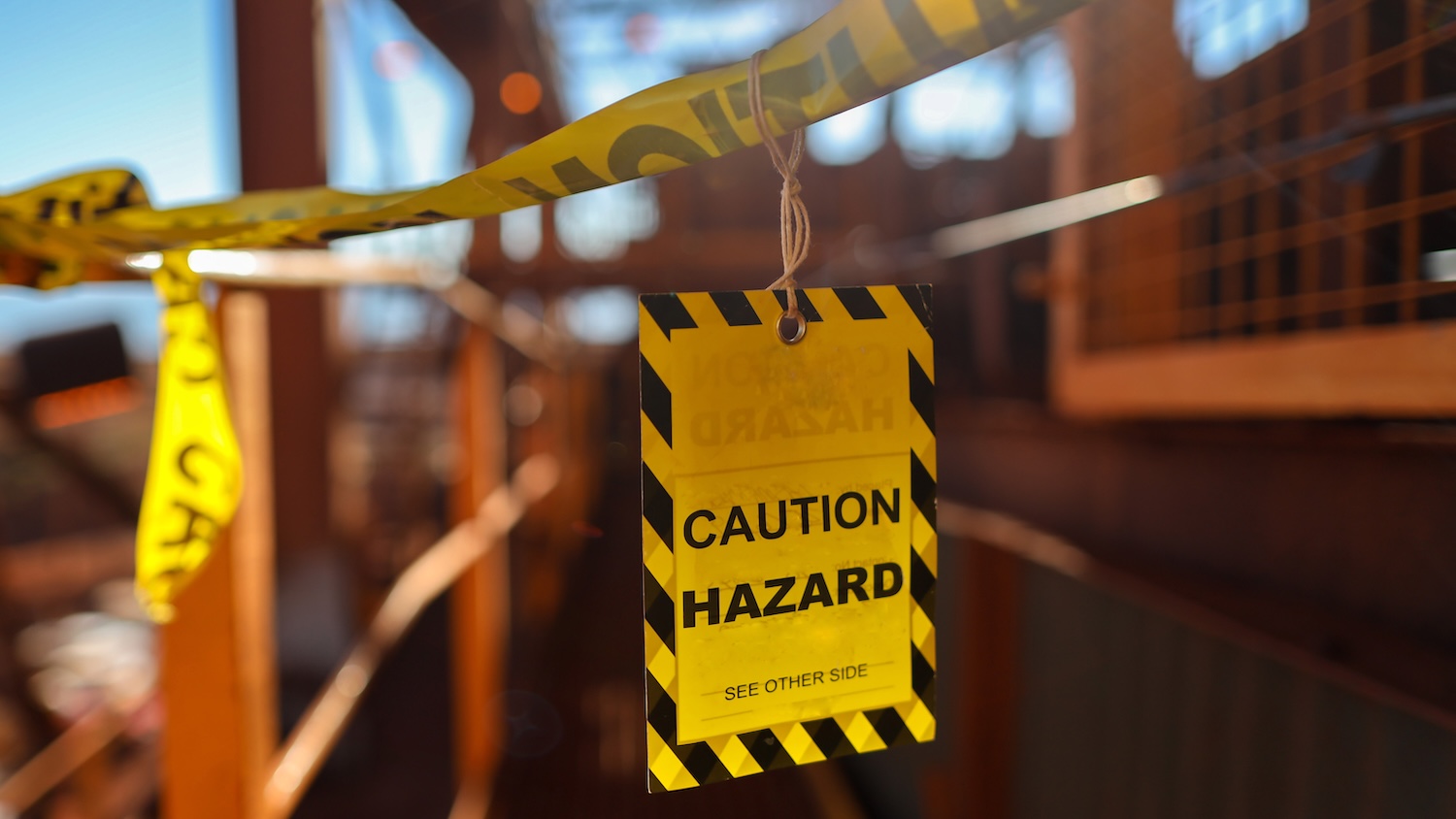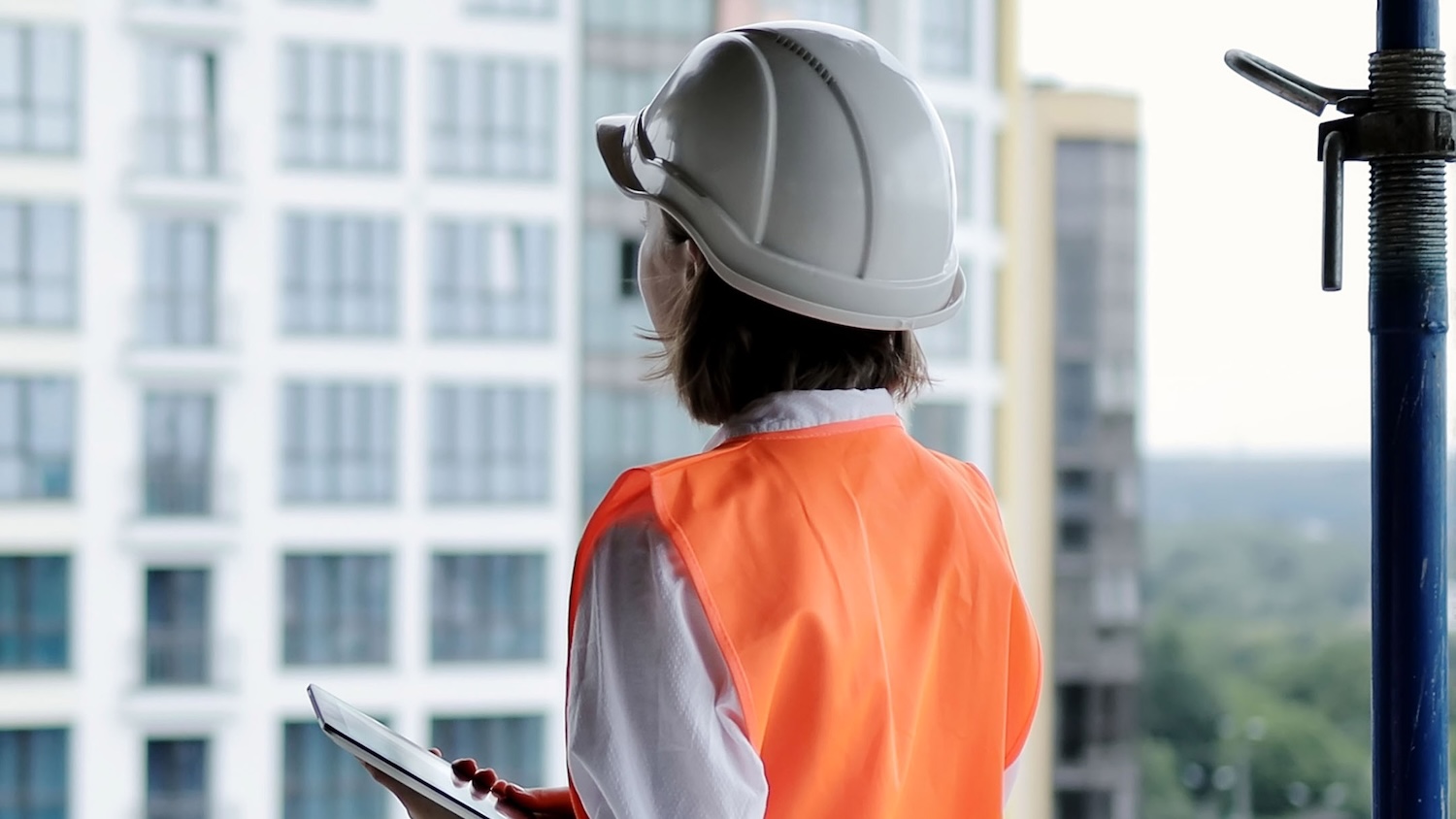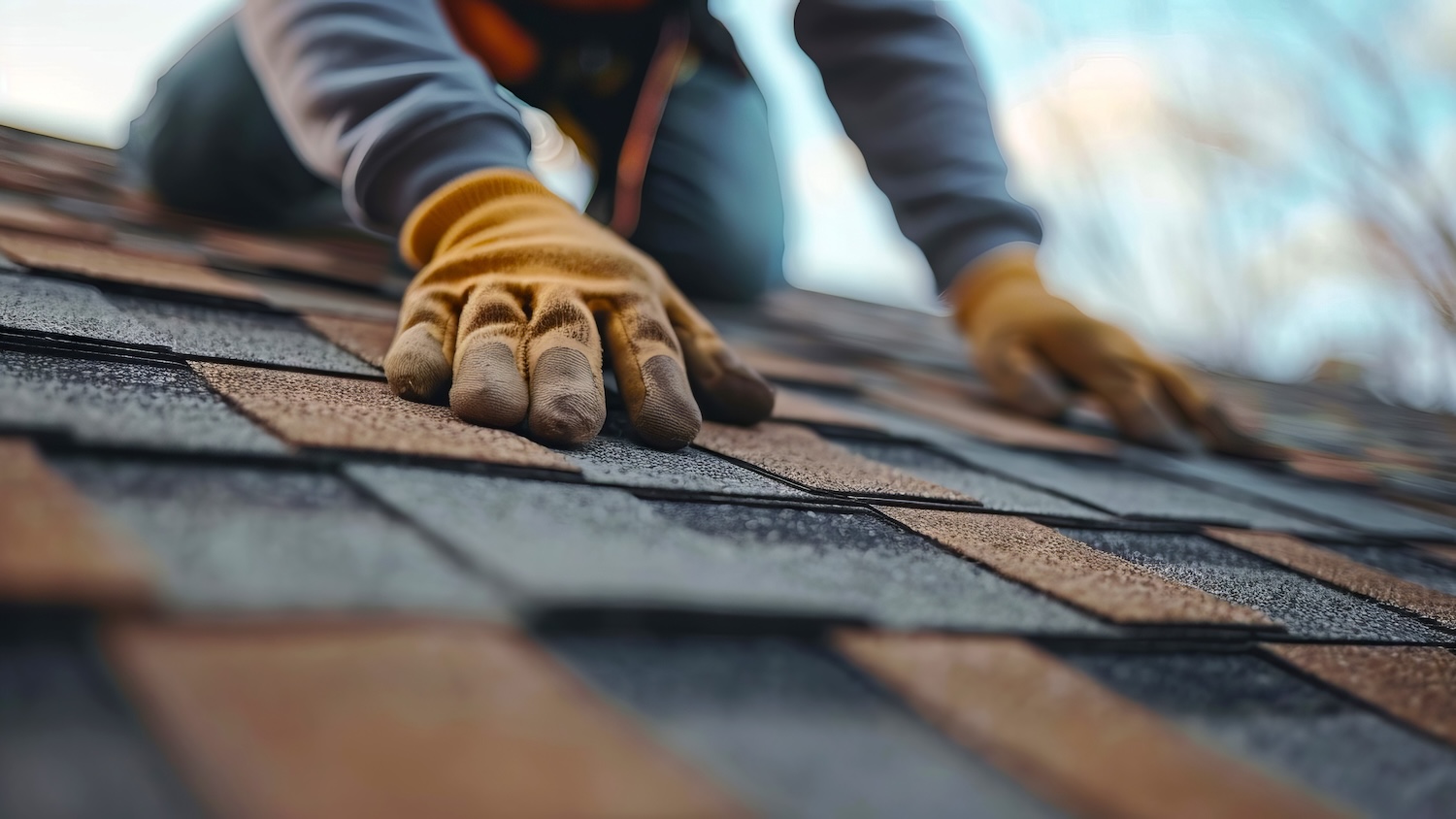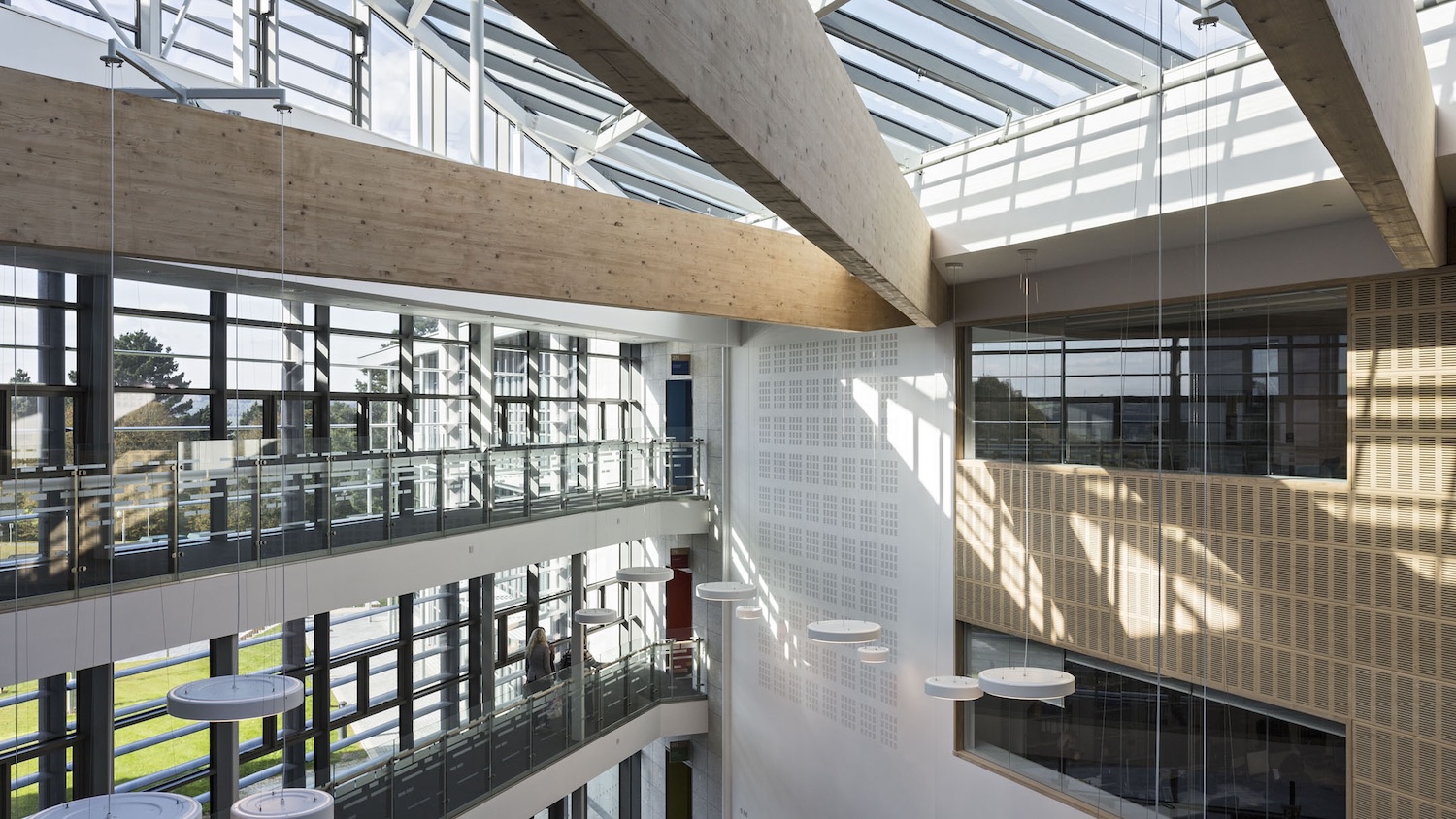
Learning new ways to encourage people back to the office
The retrofit sector has an important role to play in helping employers meet the needs of the post-pandemic workforce
More than a quarter of working adults in Great Britain were hybrid working in the autumn of 2024, according to the Office for National Statistics.
Many businesses are now looking at ways to encourage their teams back into the office, but this can be challenging.
Since the pandemic, the traditional soulless office block, with its cubicles, screens and artificial light, can feel far removed from people’s home comforts. This actively discourages them from spending time in the office.
So, if we don’t update our current office stock to create more inviting spaces, we face having buildings that aren’t fit for purpose.
These are stranded assets in the true sense of the word – not just economically unviable, but places that will remain empty for years to come.
Understanding users’ needs
It is up to us, as construction teams, to upskill, innovate and bring creativity into our retrofit processes to ensure the voices of the end users are heard, and to genuinely understand workers’ new expectations of their office environments.
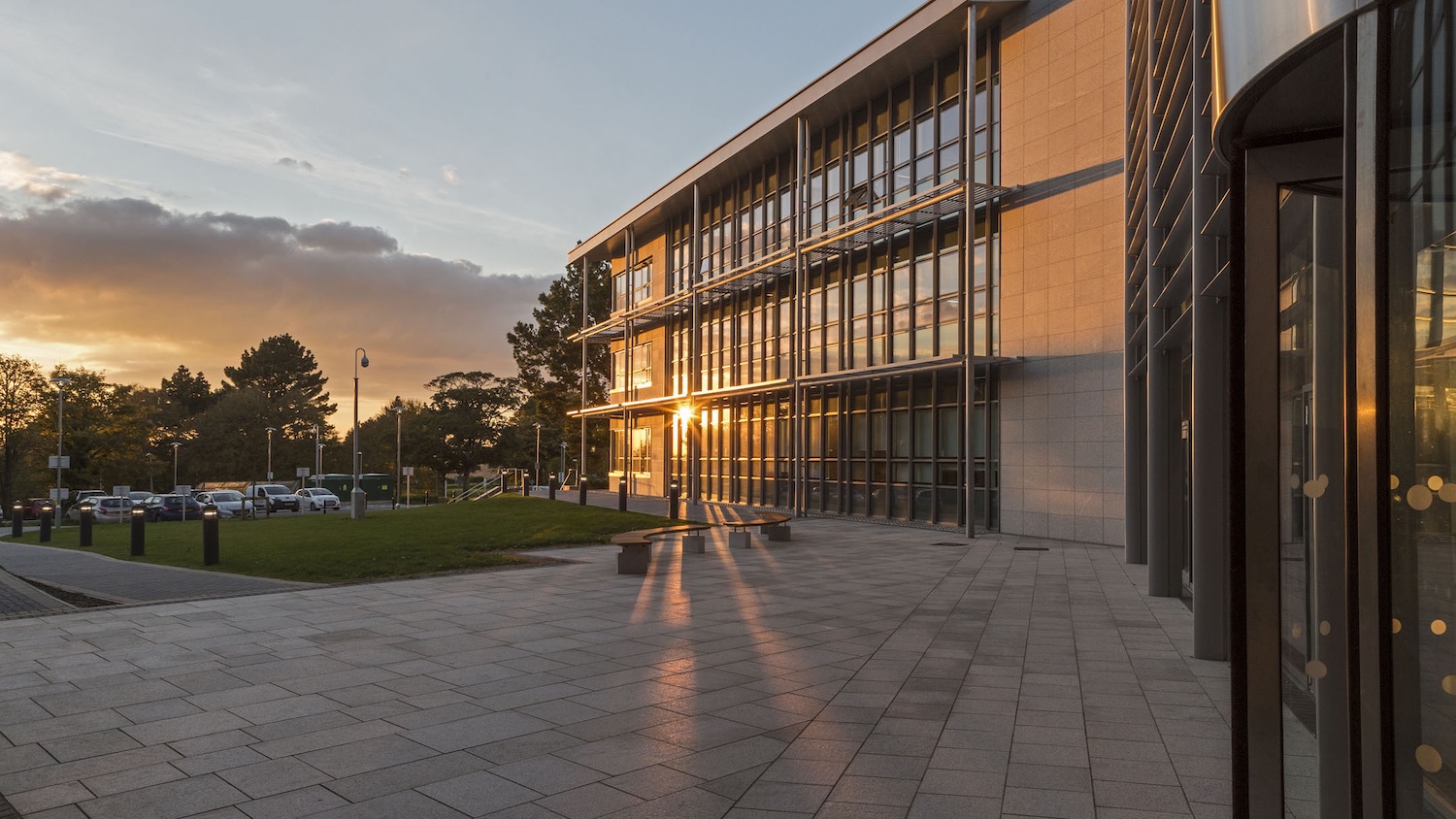
For example, we already know that biophilia is one part of the solution. As many public health and psychology experts have repeatedly shown, increased exposure to green spaces helps to boost positive emotions, reduce anxiety and increase wellbeing – all of vital importance to office workers today.
But there are many other factors at play too. At Ward Williams, we frequently work with clients, architects and contractors to help them learn about the different approaches they can take to uncover the real needs of building users.
One of the most common things we find missing in teams is the ability to craft thoughtful, open-ended questions that uncover people’s true concerns and priorities, and how to create safe spaces that encourage creativity and ideas.
Effective communication
Training in empathetic communication and active listening is critical to ensure everyone feels understood and respected.
Office retrofit projects need to meet the needs of diverse communities, so that requires us to adapt to different communication styles and recognise that different groups will have different levels of technical understanding
Awareness of cultural sensitivities and inclusivity is also vital. Office retrofit projects need to meet the needs of diverse communities, so that requires us to adapt to different communication styles and recognise that different groups will have different levels of technical understanding.
Educating the project team to navigate these complexities in a respectful way ensures meetings, consultation surveys and client discussions yield meaningful information that inspires ideas, which in turn leads to better and more creative solutions.
As employers look to encourage their staff back into offices, retrofitting our existing stock is vital to supporting local economies and creating spaces that are enjoyable and healthy to be in.
And as the retrofit industry continues to mature, investing in these soft skills and awareness will be key to engaging stakeholders and ensuring the sector thrives in a sustainable and people-centric way.
James Beckly is senior partner at Ward Williams.


